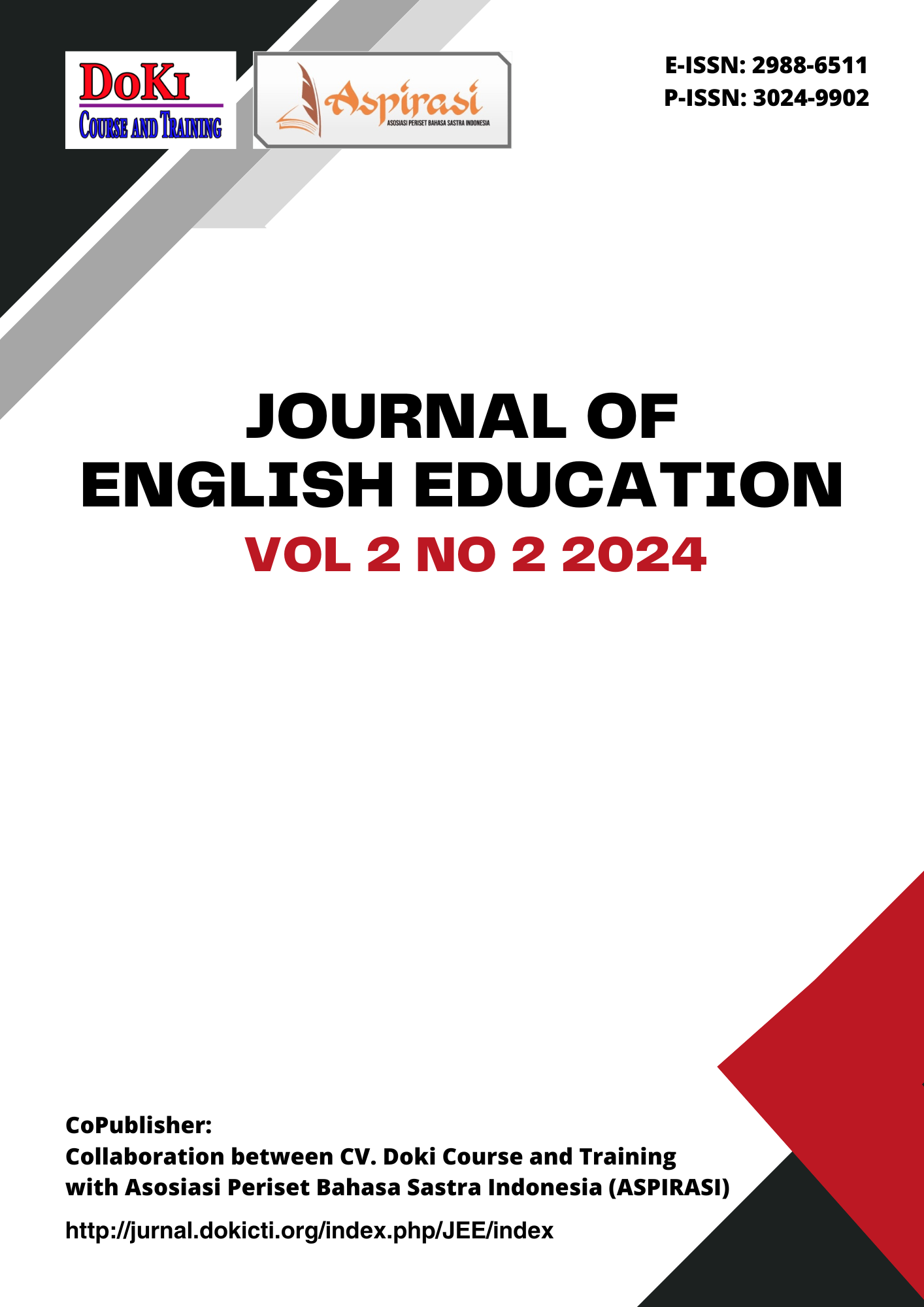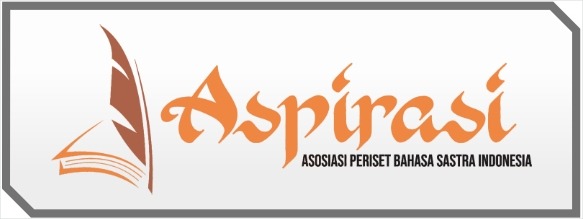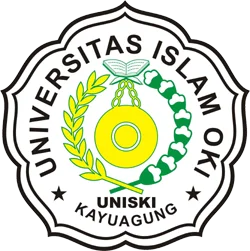A Case Study on Teachers' Strategies for Teaching Reading Comprehension in the Context of Emancipated Curriculum
DOI:
https://doi.org/10.61994/jee.v2i2.676Keywords:
Reading comprehension, Teaching Reading , Teacher Strategy, Emancipated CurriculumAbstract
An efficient classroom learning process is typically necessary to produce good lesson outcomes. The purpose of this study was to look into how teachers use the Merdeka Curriculum to teach reading comprehension. This study used a qualitative method with a case study approach, involving two English teachers who were selected as participants through a purposive sampling technique. Data were collected through triangulated with interview, then analyzed thematically. The results showed that the teachers used the following strategies: (1) Think Aloud, (2) Reciprocal Teaching, and (3) SQ3R. This study contributed to provide an overview of the strategies used by teachers to teach reading comprehension and provide a reflection of how English teachers' teaching strategies reflect the implementation of the Emancipated Curriculum. Therefore, teachers need to understand the needs and characteristics of students and relate their teaching strategies to this Emancipated Curriculum.
References
Audina, Y., Zega, N., Simarmata, A., Situmeang, K. V., & Tarigan, S. N. (2020). An Analysis of Teacher’s Strategies in Teaching Reading Comprehension. Lectura: Jurnal Pendidikan, 11(1), 94-105. https://doi.org/10.31849/lectura.v11i1.3689
Creswell, J. W. (2012). Educational research: Planning, conducting, and evaluating quantitative and qualitative research (4th ed). Pearson
Ellen, K. K., & Sudimantara, L. B. (2023). Examining Emancipated Curriculum Development in Middle Schools: a Case Study. PANYONARA: Journal of English Education, 5(2), 165–188. https://doi.org/10.19105/panyonara.v5i2.8779
Friday, N., & Leah, N. (2024). Types of Purposive Sampling Techniques with Their Examples and Application in Qualitative Research Studies. 5(1), 90–99. https://doi.org/https://doi.org/10.37745/bjmas.2022.0419
Gilakjani, A. P., & Sabouri, N. B. (2016). A Study of Factors Affecting EFL Learners’ Reading Comprehension Skill and the Strategies for Improvement. International Journal of English Linguistics, 6(5), 180. https://doi.org/10.5539/ijel.v6n5p180
Hamdi, S., Triatna, C., & Nurdin, N. (2022). Kurikulum Merdeka dalam Perspektif Pedagogik. SAP (Susunan Artikel Pendidikan), 7(1), 10–17. https://doi.org/10.30998/sap.v7i1.13015
Jeyaraj, J. S. (2019). Effective Learning and Quality Teaching. SSRN Electronic Journal, September. https://doi.org/10.2139/ssrn.3486348
Kemendikbudristek. (2022). Salinan-SK-Kabadan-tentang-Perubahan-SK-008-tentang-CapaianPembelajaran. Badan Standar, Kurikulum, dan Asesmen Pendidikan. https://litbang.kemdikbud.go.id
Matodang, M.K.D., & Sukma, U. M. (2023). The Teachers’ Strategy in Teaching Reading Comprehension at SMP Swasta Mardi Wiyata Utama Gunung Bayu. Jurnal Pendidikan Bahasa Inggris, 5(1), 25–34. https://doi.org/10.36985/jbl.v5i1.720
Nanda, D. W., & Azmy, K. (2020). Poor Reading Comprehension Issue in EFL Classroom Among Indonesian Secondary School Students: Scrutinizing the causes, impacts and possible solutions. Englisia: Journal of Language, Education, and Humanities, 8(1), 12. https://doi.org/10.22373/ej.v8i1.6771
Ramadhoni, C.N.W., & Ahmadi, A. (2023). The Implementation of English Teaching-Learning in the Context of the Merdeka Curriculum at the Seventh Grade of Madrasah Tsanawiyah Negeri 3 Ponorogo. Annual International Conference on Islamic Education for Students, 2(Aicoies), 156–163. https://doi.org/https://doi.org/10.18326/aicoies.v2i1.549
Randall, R., Sukoco, G. A., Heyward, M., Purba, R., Arsendy, S., Zamjani, I., & Hafiszha, A. (2022). Reforming Indonesia’s curriculum: how Kurikulum Merdeka aims to address learning loss and learning outcomes in literacy and numeracy. Direktorat Sekolah Dasar, 1–46.
Saputri, Y. A., Rizal, S., & Afriani, Z. L. (2016). An Analysis on English Teacher Strategies in Teaching Reading Comprehension. 2011, 1(23). https://doi.org/https://doi.org/10.52690/jadila.v1i3.125
Sarjan, N., & Mardiana. (2017). An Analysis on the English Teachers Strategies in Teaching Reading Comprehension SMP 1 of Wonomulyo. English Teaching, Learning, and Research Journal, 3(2), 151–160. https://doi.org/https://doi.org/10.24252/Eternal.V32.2017.A4
Sutikno, M. S., & Hadisaputra, P. (2020). Penelitian Kualitatif.Holistica. http://repository.uinmataram.ac.id/292/4/Text.pdf
Tatipang, D., Oroh, E. Z., & Liando, N. V. F. (2022). Application of Mind Mapping Technique To Increase Students’ Reading Comprehension At the Seventh Grade of Smp. Kompetensi, 1(03), 389–397. https://doi.org/10.53682/kompetensi.v1i03.1869
Wilson, S., & Nurkhamidah, N. (2023). The Implementation of Merdeka Curriculum in English Subject. Pedagogic: Indonesian Journal of Science Education and Technology, 2(1), 13–25. https://doi.org/https://doi.org/10.54373/ijset.v2i1.101
Downloads
Published
Issue
Section
License
Copyright (c) 2024 Nurhusliya, Eko Saputra

This work is licensed under a Creative Commons Attribution-ShareAlike 4.0 International License.

Journal of English Education by https://jurnal.dokicti.org/index.php/JCSS/index
is licensed under a Creative Commons Attribution-ShareAlike 4.0 International Licensel
















